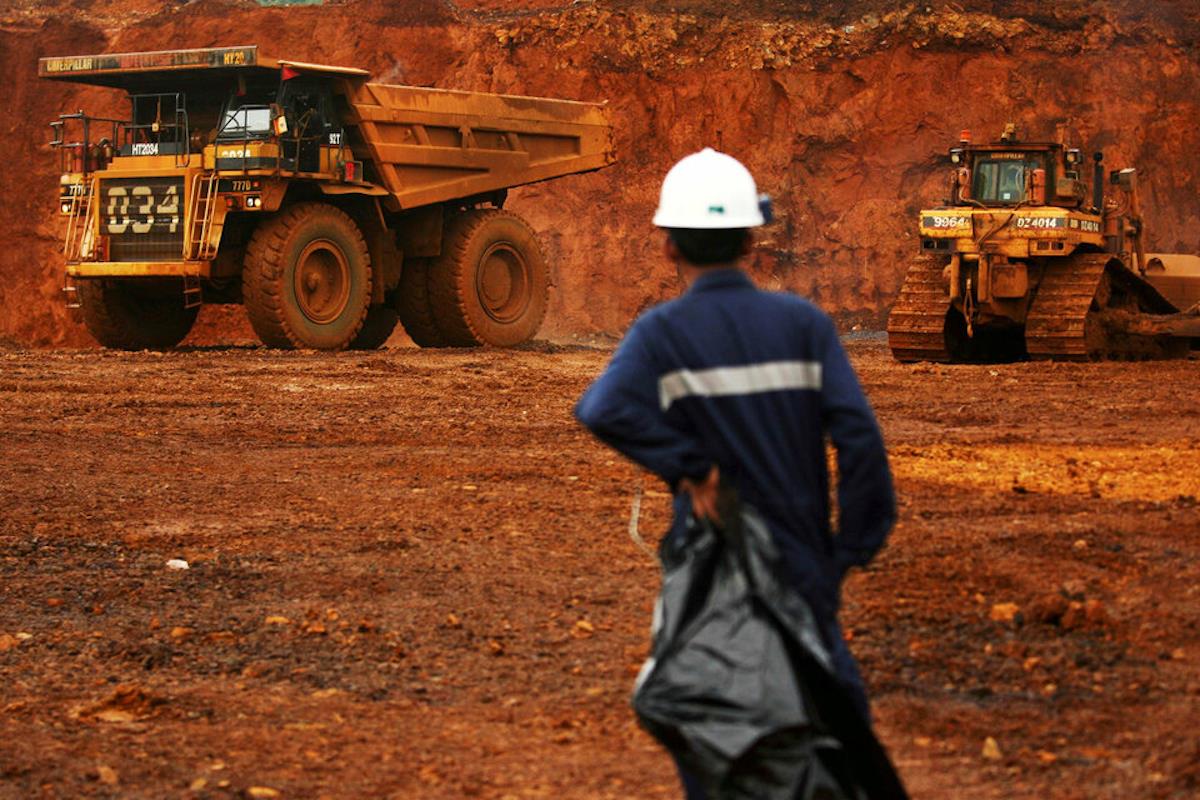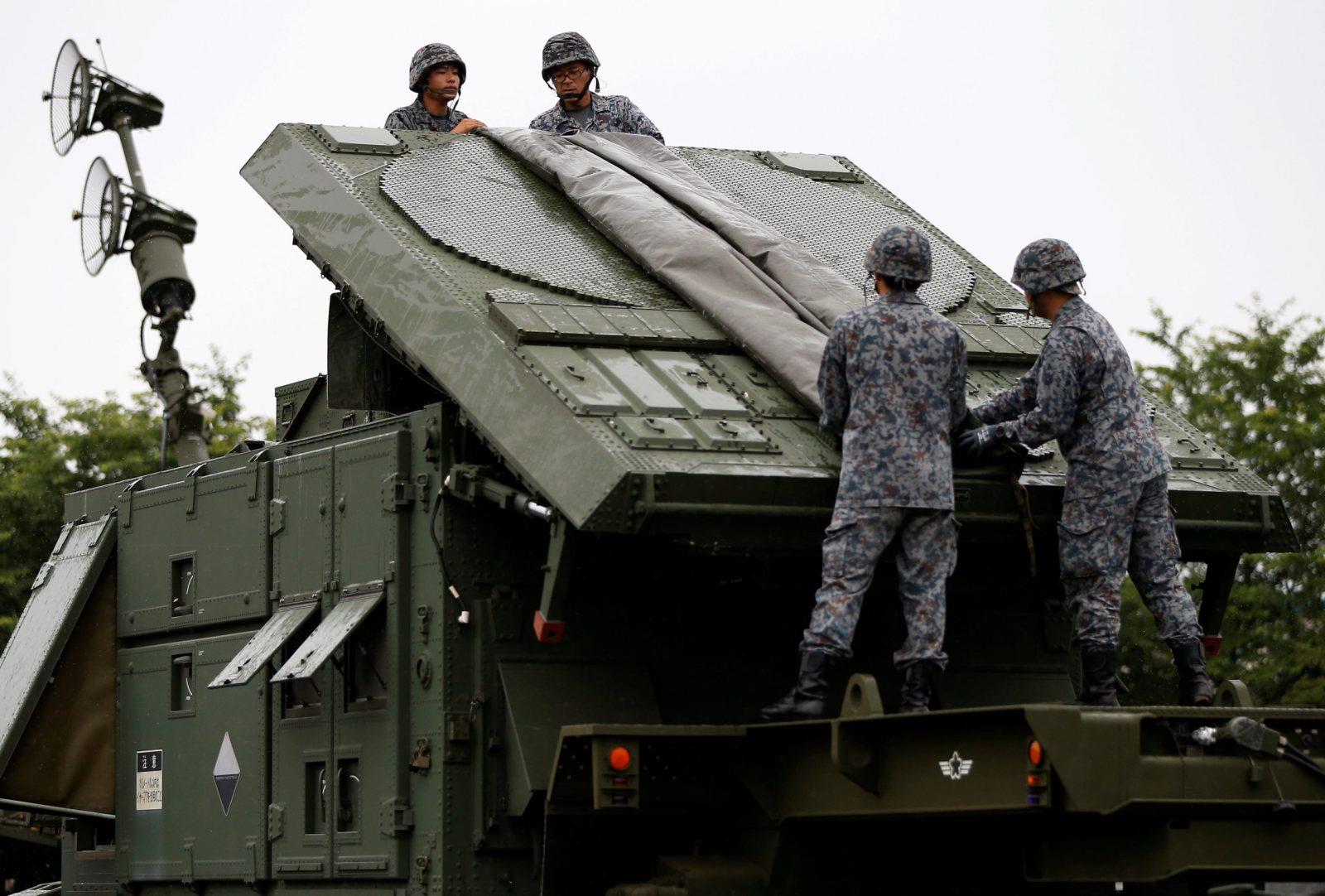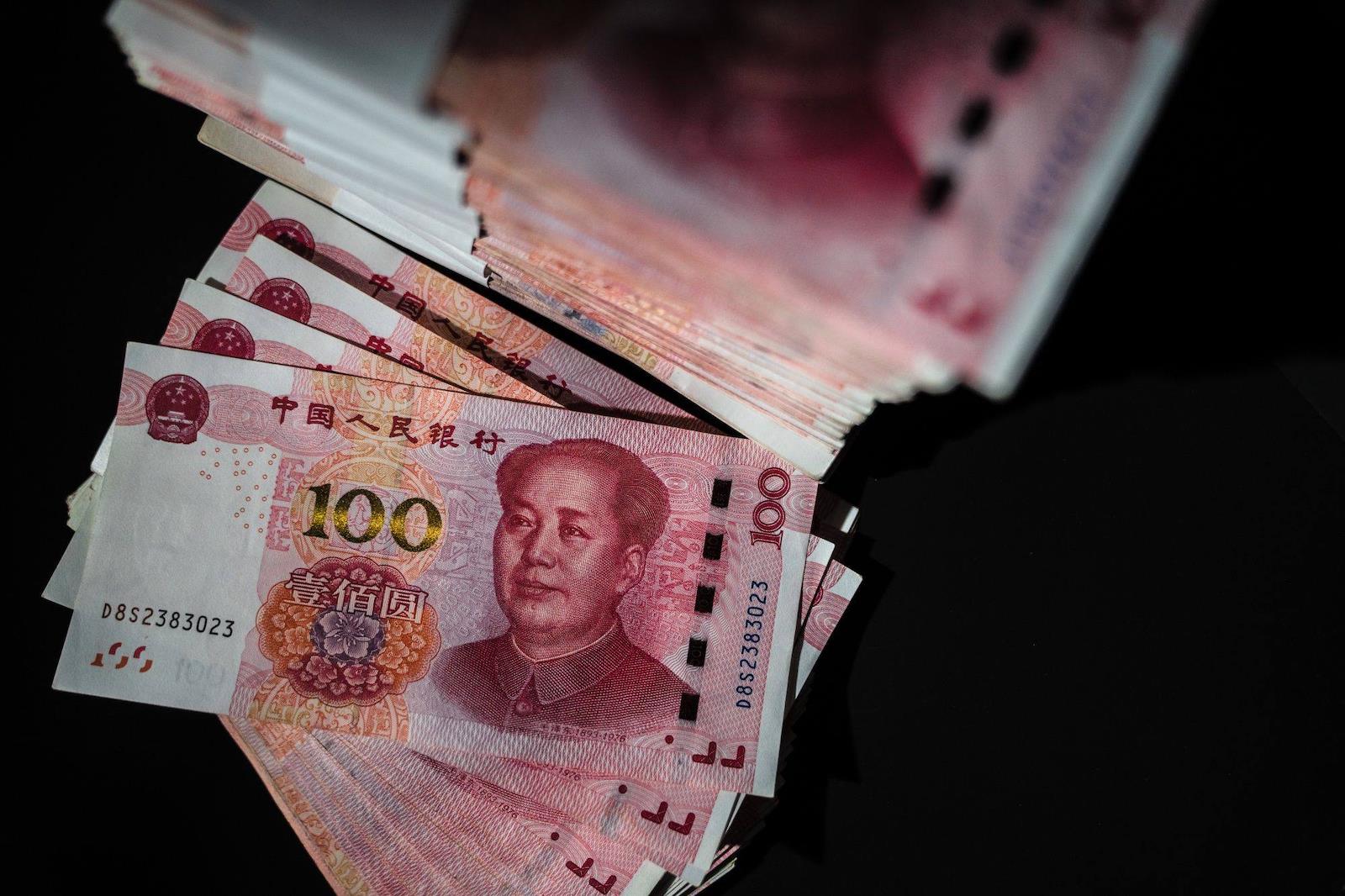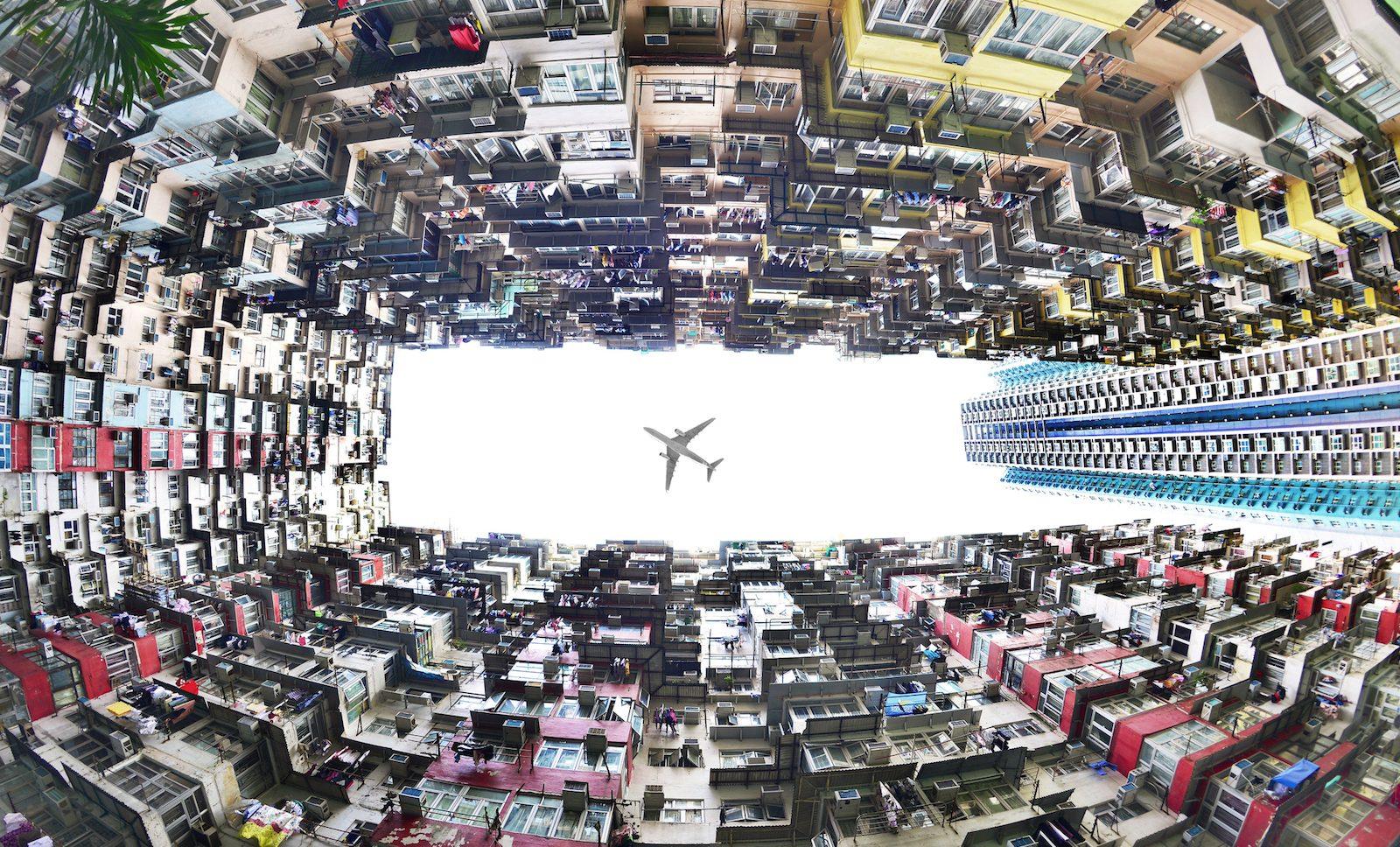
The True Cost Of China's Hold On Indonesia's Nickel
During the 43rd ASEAN Summit in Jakarta on September 5-7, 2023, Indonesian President Joko Widodo and Vice President Kamala Harris discussed the potential for a US-Indonesia Critical Minerals Specific Free Trade Agreement (CMS-FTA).
This FTA would allow the US to receive more Indonesian nickel for electric vehicle (EV) batteries, enabling Indonesia to benefit from the tax incentives for EV purchases based on the Inflation Reduction Act, which the US Congress passed in 2022.
Achieving this CMS-FTA is a goal for US-Indonesia relations under the
Comprehensive Strategic Partnership
established in November 2023.
However, on October 24, nine US senators sent out a
bipartisan letter
addressed to the US trade representative, treasury secretary, energy secretary, and commerce secretary expressing concerns regarding the CMS-FTA.
These include weak labor protections in Indonesia, Chinese dominance of its mining industry, environmental implications, and lack of community engagement among Chinese and Indonesian workers.
Indonesian policymakers should take this as a wake-up call to acknowledge and address the absence of beneficial environmental, social, and governance practices in its nickel industry, including accounting for the role of Chinese investments.
Unpacking Indonesia's nickelIndonesia, an emerging middle power in the Indo-Pacific, is a global hub for critical mineral reserves and production, with diverse resources including copper, gold, tin, silver, bauxite, iron and nickel.
One key to Indonesia's mining industry is nickel, with extensive reserves in the Kalimantan, Sulawesi and Maluku islands, soaring production rates and exports of multiple forms of nickel.
Nickel mined in Indonesia is suitable for producing stainless steel and EV batteries. From 2020 to 2022, Indonesia ranked first among global nickel producers, accounting for 20.6% of the global total. Indonesia was
expected to produce
almost 2 million tons annually in 2023 and 2024.
Prompted by the Covid-19 recession of 2020, Indonesian policymakers have shifted policies on exporting raw mineral ore and followed“resource nationalism.”
The Regulation of the Minister of Trade of the Republic of Indonesia
Number 96/2019
on Export Provisions for Processed and Purified Mining Products aimed to ensure economic resilience and capacity by strengthening domestic processing and bringing back added value to the nickel supply chain.
The Indonesian government has acknowledged that directly exporting raw nickel ore limits its full economic potential. Consequently, the regulation bans exports of raw mineral ore not first processed domestically.

Legal Disclaimer:
MENAFN provides the
information “as is” without warranty of any kind. We do not accept
any responsibility or liability for the accuracy, content, images,
videos, licenses, completeness, legality, or reliability of the information
contained in this article. If you have any complaints or copyright
issues related to this article, kindly contact the provider above.





















Comments
No comment